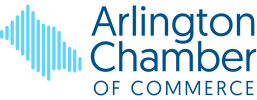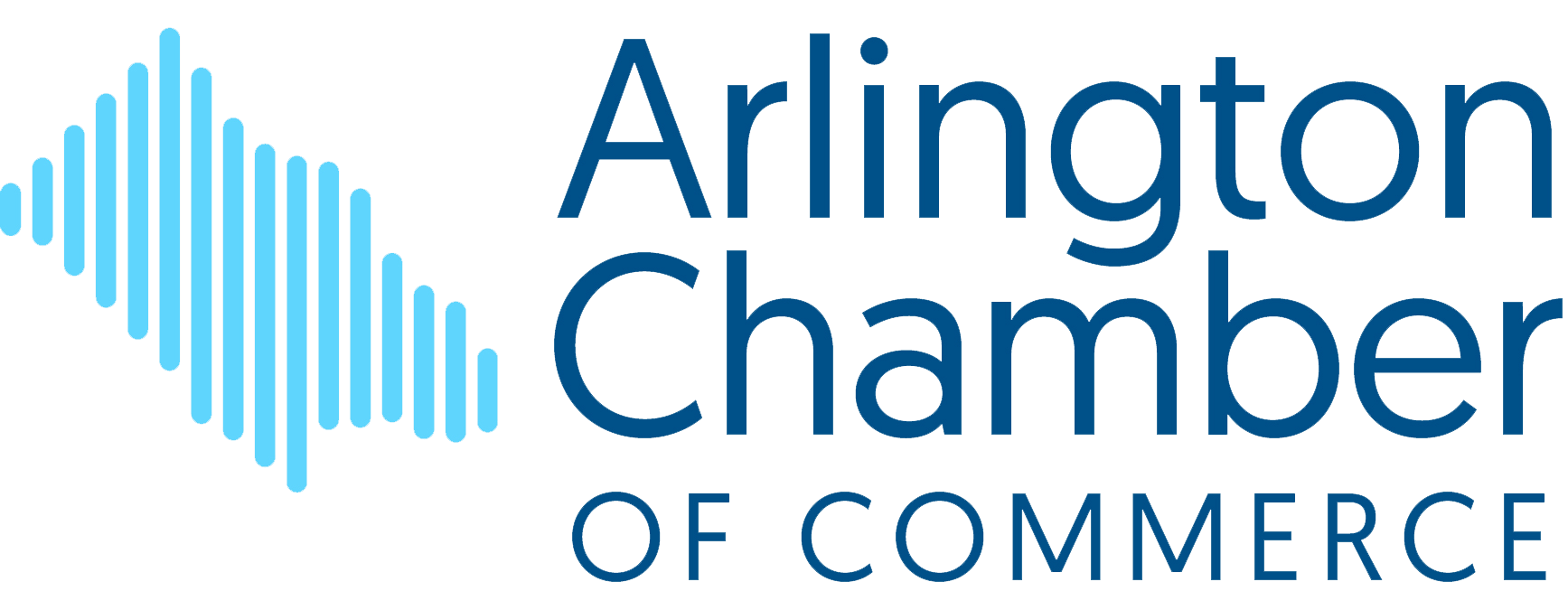
Combine potential regulatory banana peels with the long hours that restaurant owners typically work, and you have a compelling reason for outsourcing your bookkeeping responsibilities. But if you need additional convincing, here are a few more things to consider.
If you don't know the difference between the cash method of accounting and the accrual method — well, then we rest our case for why you shouldn't be keeping your own books.
But for the record, restaurants that generate more than $1 million of revenue per year must use the accrual method, while those that generate less have a choice — although you must formally notify the IRS before switching from accrual to cash. And under no circumstances can you use both methods at the same time.
Tips on Accounting for Tips
Quick question: Who's responsible for reporting tip income to the IRS — you or your employees? The quick answer: both. The more accurate answer: It's complicated.
The most important takeaway is that while you must withhold income taxes only on your employees' hourly wages, you're nevertheless required to report your employees' tip income, too. And you're required to pay your share of FICA taxes on all employee income, including tips.
This means, among other things, that if the IRS determines that an employee (or employees) failed to fully report their tip income, the feds can come after you for back payment of FICA taxes on that unreported income. As John Nessel of the Restaurant Resource Group writes, "You must therefore take a proactive role in educating, prodding, cajoling and annoying, if necessary, your employees to get them to accurately report their tips."
There's More Than One Bottom Line
Bookkeeping can be complex, and it's not something a busy restaurant owner should try to learn on the fly.
Take, for a real-world example, the restaurant owner who kept confusing the bottom line of his profit and loss statement with his cash flow. It was a critical difference — the restaurant owner thought because he had a $15,000 profit for a particular month that he had an equivalent amount of ready cash. In fact, his actual cash flow was only $5,000, once his bookkeeper factored in his monthly debt obligation. You can imagine how long you'd stay in business if you spent $10,000 more than you had each month.
Respect Your Profession — and Ours
As a restaurant owner, do you really have the time to keep your own books? And even if you make the time, are you sure you have the expertise to maximize your revenue while avoiding costly mistakes?
By now we think you know the answer. As restaurant industry expert Bruce Macklin aptly put it, "Managing the books yourself is the equivalent of hiring an accountant to be your head chef."


 RSS Feed
RSS Feed
